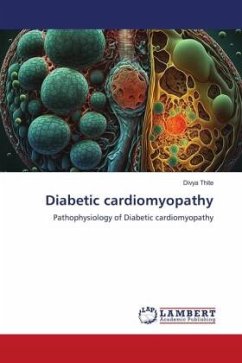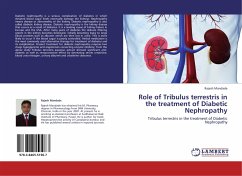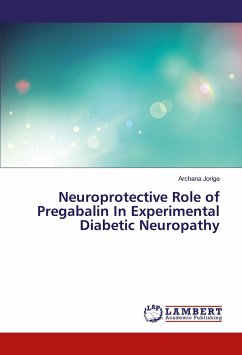Diabetic cardiomyopathy was initially described as a human pathophysiological condition in which heart failure occurred in the absence of coronary artery disease, hypertension, and valvular heart disease. Recent studies in diabetic animal models identify decreased cardiomyocyte function as an important mediating mechanism for heart failure. Decreased cardiomyocyte function is in part mediated by abnormal mitochondrial calcium handling and a decreased level of free matrix calcium levels which could be a good target for new therapeutic interventions.Diabetes is the single most risk factor in the development of cardiovascular diseases. More than 30% diabetics in USA are diagnosed with heart disease (McCarron and Davey, 2005). Cardiovascular disease is the major cause of death in diabetes accounting in most populations for 50% or more of all diabetes fatalities and much disability. The kinds of CVD that accompany diabetes include angina, myocardial infarction (heart attack), stroke, peripheral artery disease and congestive heart failure (CHF).
Bitte wählen Sie Ihr Anliegen aus.
Rechnungen
Retourenschein anfordern
Bestellstatus
Storno








